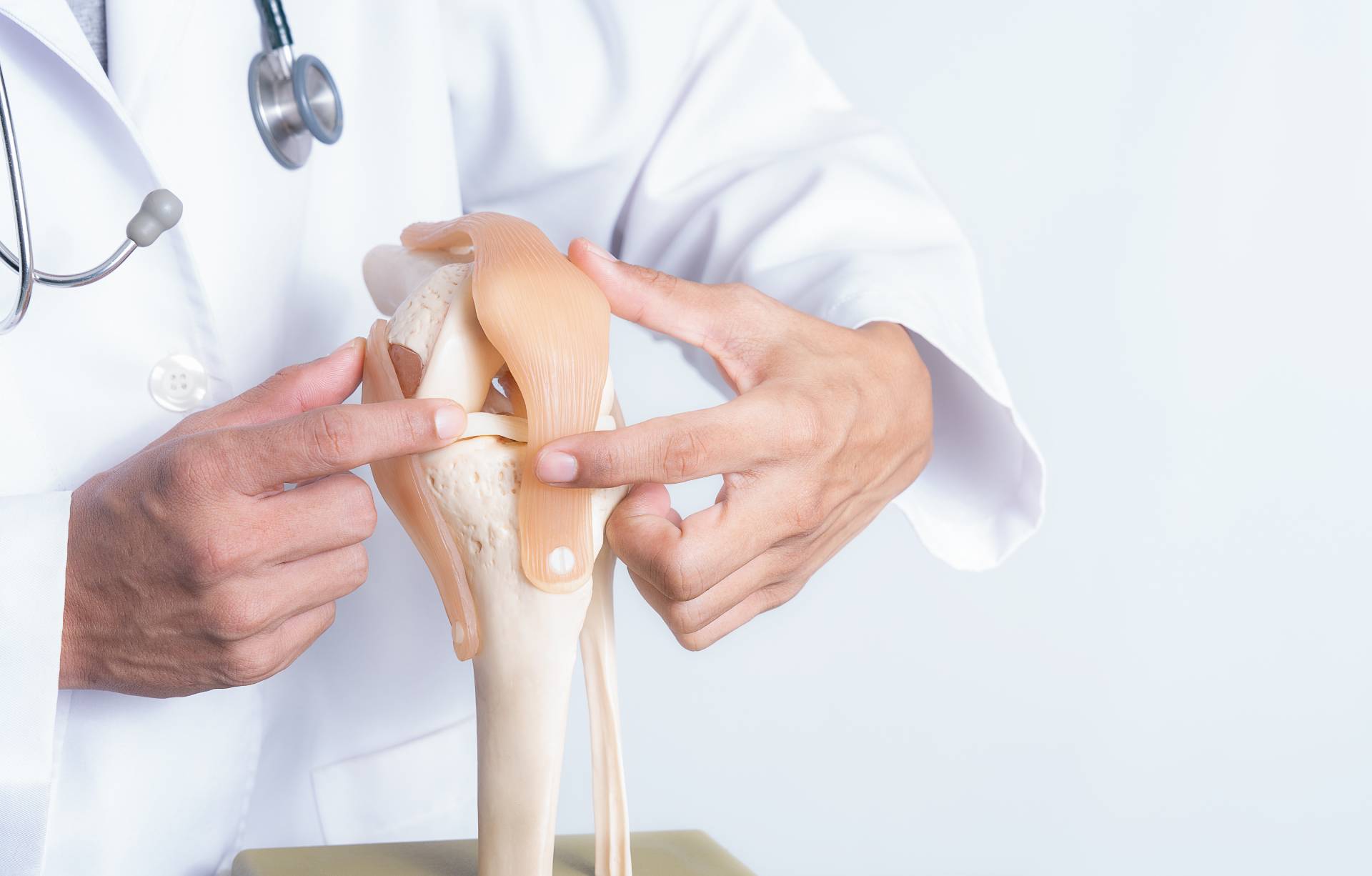
Finding the right orthopaedic surgeon can be a daunting task, especially when you’re dealing with musculoskeletal issues that affect your mobility, flexibility, or general quality of life. Whether you need a complex joint replacement or a straightforward arthroscopic procedure, choosing the best specialist is paramount to achieving the best outcome.
This blog post will provide you with easy-to-follow, concise tips to help you select the best orthopaedic surgeon tailored to your medical needs and personal circumstances. By considering these key aspects, you will be empowered to make an informed decision that will pave the way for a successful recovery.
Qualifications and Credentials
The first step in choosing an orthopaedic surgeon is to check their qualifications and credentials. Ensure that the surgeon is board certified, which indicates that they have completed the necessary training and passed comprehensive exams in their specialty. Consider looking into additional fellowship training in orthopaedics, which highlights even more specialized expertise. For example, consulting with the Best Orthopaedic surgeon in Brisbane might ensure that you are dealing with a top-tier professional who specializes in the specific surgery you need.
It is also wise to look at their experience and how regularly they perform the specific surgery you need. A surgeon who handles your type of operation frequently is likely more adept at managing its intricacies and potential complications.
Reputation and Reviews
Reputation can tell you a lot about an orthopaedic surgeon’s expertise and success rates. Reading reviews from other patients can give insights into how the surgeon operates, including their bedside manner, follow-up care, and overall success of surgeries performed. Many healthcare websites provide ratings and patient feedback which could be hugely beneficial.
Besides online reviews, try consulting other healthcare professionals like your family doctor or a physical therapist for recommendations. They can provide valuable insights based on collaborations or feedback from other patients under their care.
Hospital Affiliation
The quality of the hospital where your orthopaedic surgeon operates is another crucial factor to consider. High-rated hospitals are known for better outcomes and fewer complications. Check if your surgeon has access to advanced technology and resources necessary for optimal surgical results.
Moreover, consider the location of the hospital; frequent follow-up visits might be necessary, so ensure it’s within a reasonable commuting distance. Facility tour visits before making your decision can also provide reassurance about both the environment and care standards.
Communication Style
A good doctor-patient relationship is key to any surgery success. Evaluate how well the surgeon communicates. During consultations, note whether they are attentive, answer questions comprehensively and explain complex medical jargon in an understandable way. It’s important that you feel comfortable speaking openly with your surgeon about concerns or fears you might have.
If possible, arrange an initial consultation to not only discuss your condition but also to gauge your comfort level with the surgeon personally. This interaction can play a critical role in your long-term satisfaction and peace of mind throughout your surgical journey.
Insurance Compatibility
Your insurance coverage should also influence your choice of an orthopaedic surgeon. Verify which surgeons are covered under your insurance plan to avoid unexpected medical bills. Sometimes being open to changing surgeons can lead to substantial financial savings without compromising quality care.
Contact your insurance provider regarding plan specifics or any necessary pre-authorizations or referrals for surgery under coverage policies. In some cases, insurers may offer directories of covered surgeons sorted by qualification and covered services.
In conclusion, choosing the right orthopaedic surgeon involves thorough research and consideration spanning many facets—from credentials and experience to communication style and insurance compatibility. Remember these key aspects while making your decision to ensure not only medical success but also a comforting healthcare experience.
Empower yourself with information and be proactive in consultations. The effort will pay dividends not only through your surgical outcome but in enhancing personal health knowledge considerably along the corrective journey towards wellness.
